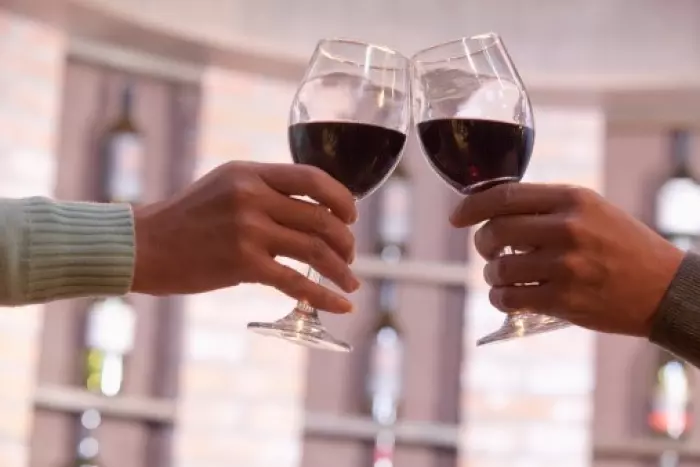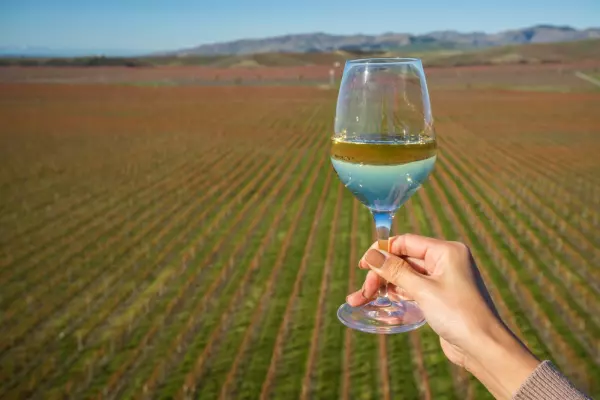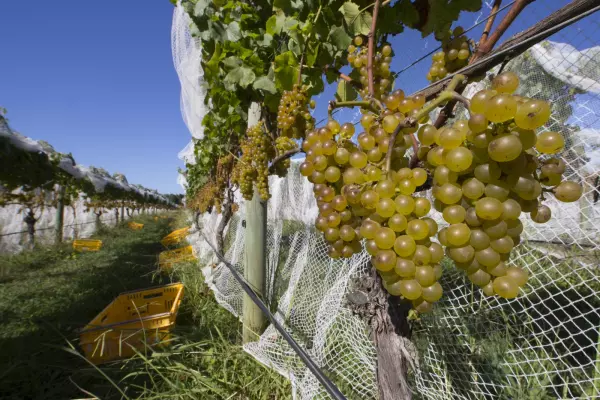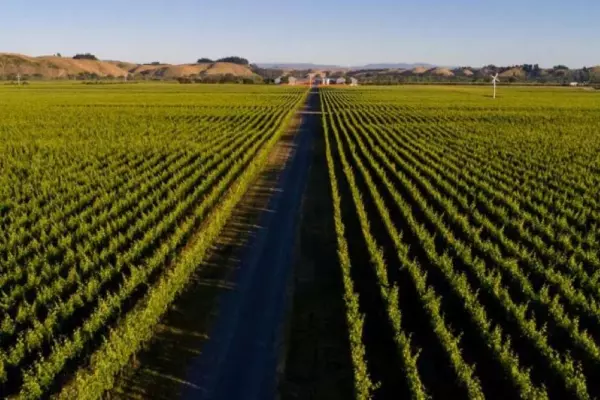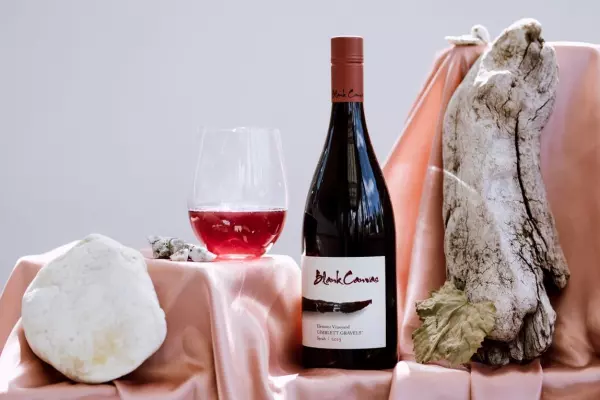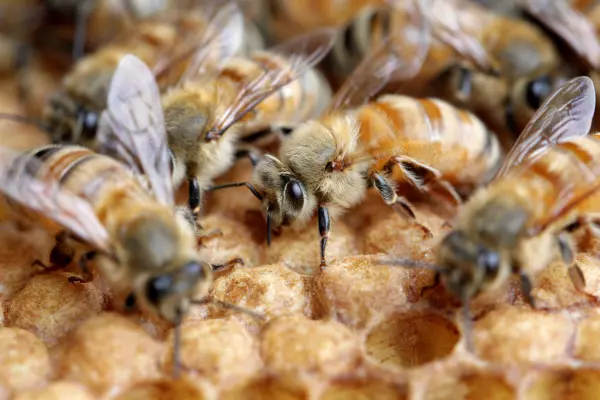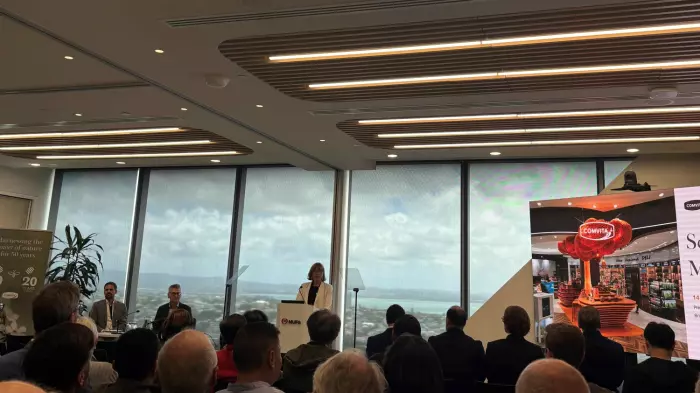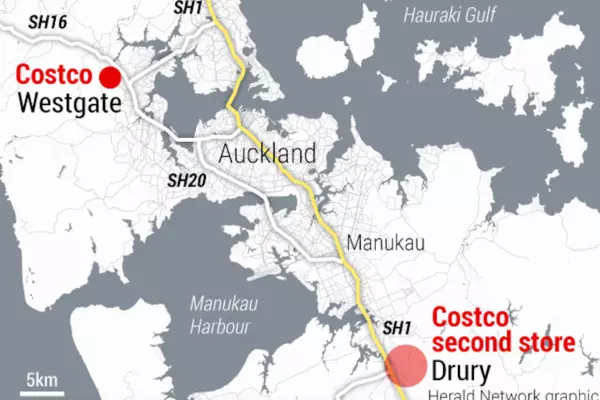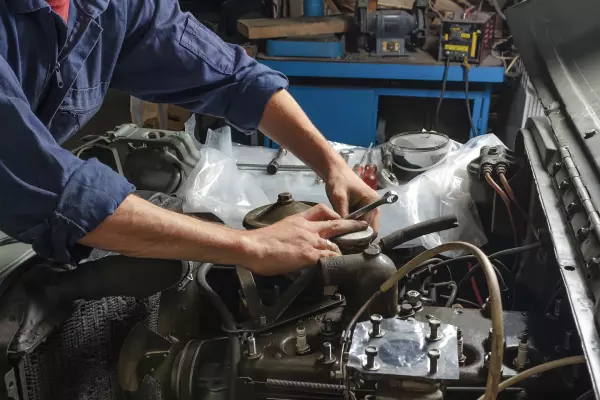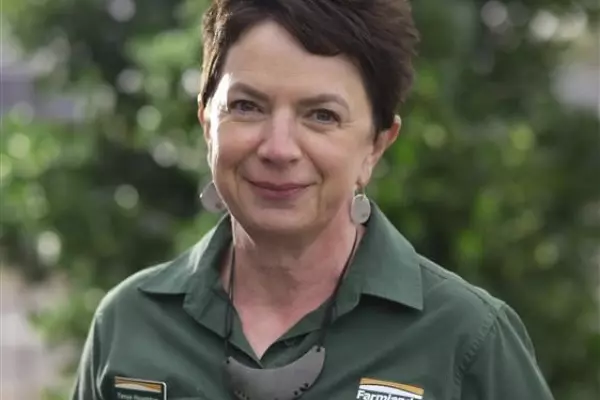Many people ask me if it’s possible to bag a bargain New Zealand wine. With the New World Under $25 awards results out on Monday, this is suddenly a hot topic.
There’s no doubt that our premium wines are world-class – but you will pay a premium for them.
So, could you walk into your local supermarket and come out with a bottle that compares with our best wines?
The first thing you have to understand is why some wines are more expensive than others.
A wine’s price is affected by four factors:
- Quality. As the quality rises, so does the price.
- Scarcity. The world’s most expensive wine is reputed to be Chateau Lafite 1787 with Thomas Jefferson’s initials etched into the glass. Only a few bottles still exist. At least one bottle was proved to be a fake – the machine that etched the glass didn’t exist in 1787.
- Longevity. Cabernet sauvignon lasts longer than sauvignon blanc, and accordingly has a higher price.
- Hype. We’re conditioned to pay more for fashionable grape varieties, such as pinot noir, fashionable regions like Central Otago, and fashionable brands such as Felton Road. Queues form to buy Felton Road’s top wines, which carry a three-digit price tag.
I should add that more expensive wines are usually more expensive to make, for example the cost of grapes to make a bottle of good cabernet sauvignon is typically several times higher than the cost of grapes to produce a decent sauvignon blanc. The cabernet sauvignon might spend a year or two in expensive oak barrels, while the sauvignon blanc may be savoured in six months or less.
Are costly wines worth it?
You pay more for some wines, but are they generally worth the money?
In general I would say “yes”. The topic of value arose in one of my wine classes recently when a student said she didn’t normally like sauvignon blanc but loved the sauvignon blanc we had just tasted in class.
She also confessed that she’d never paid more than $15 for a bottle of sauvignon.
I told her that it wasn’t sauvignon blanc she didn’t like, it was sauvignon blanc with a $15 price-tag. I supported that claim by tasting three samples of sauvignon with $15, $20 and $25 price-tags. Yes, the wines got progressively better as they became more expensive.
What about discounts?
You can find discounted brands in supermarkets, but are they any good?
I was told by a supermarket liquor buyer that 80% of the wines they sell are on discount.
I try not to be too influenced by the discount tags, but they are hard to resist. I taste a lot of wines, so when I'm buying wine in supermarkets, I go for favoured brands from good vintages that are hopefully offered at a competitive price.
If you're stocking up for Christmas, it pays to ask if it’s cheaper to buy by the dozen. That involves tracking down the liquor department manager and asking if they can come to the party.
I’m sure they have a policy on discounting. I have a friend who bought all the wine for his wedding at discounted prices, so it is possible.
Maybe you wouldn’t be seen dead buying wine in a supermarket but make a beeline for your local liquor store.
There certainly are benefits if you choose the right shop. Check prices, bulk discounts, tastings, newsletters and staff wine knowledge to find the store that’s right for you.
New World Wine Awards (NWWA)
For the New World Wine Awards (NWWA), the New World grocery group sorts the wheat from the chaff for its customers by running its own wine competition. Although commercially driven, the competition uses professional judges and follows the usual wine show protocols, most notably tasting only “blind” wine samples.
I know most of the judges and can vouch for their expertise and independence.
Wine producers can only enter wines with a retail value of less than $25 and have a minimum of 4,000 bottles available for sale to New World. That translates to great-value, affordable wines that are readily available at your nearest New World store.
The results are announced on Monday, Oct 17, with most wines available on that date but, be quick, the wines are likely to sell faster than toilet paper during a lockdown.
Here are my tips
A heads-up for Marlborough sauvignon blanc lovers. 2021 was a terrific vintage and produced many top wines. 2022 was a variable vintage. There are some good wines, but too many have hard, green acidity and simply lack charm.
Stock up on wines from the 2021 vintage while you can.


